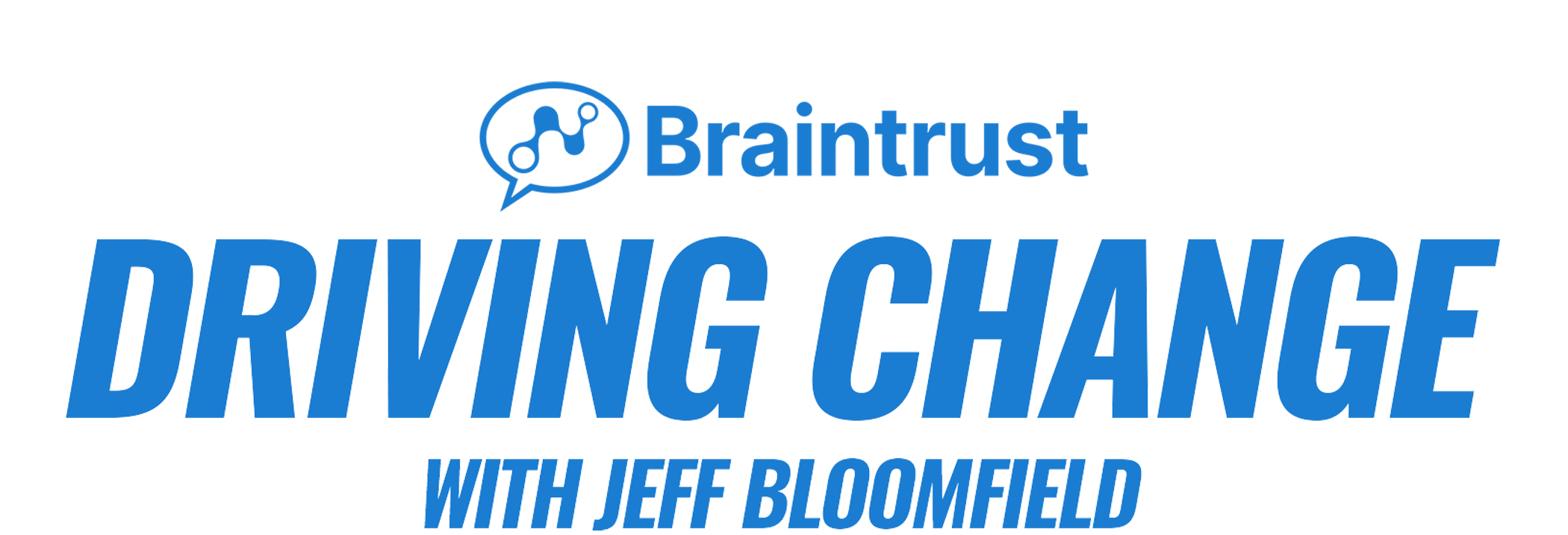Mastering the Customer Conversation
I want to share a recent experience with you. I recently had an opportunity to coach one of our clients, and they said something striking to me. “I’ve been in the sales profession for over 10 years, and all my clients already know me well. How am I going to implement the techniques of building connection and trust when I already have it?” My first response was going to be this…”If you already have it, and you are surpassing both your personal and professional aspirations then why do you need me?” After processing my emotions for a second, I decided to use a different approach.
I thought back to a comment that my friend and business partner, Jeff Bloomfield, states in our training and coaching sessions – “If you walk into someone’s office, and you see a picture on the wall of that person sailing, and you happen to be drinking a bottle of water, do you say, oh great news, you sail and I drink water, we must have something in common!” I hope that some of you are laughing at this point, but the real question is how often do we confuse surface-level relationships with deep-level relationships? I’m referring to relationships that have trust in the center. This applies to all of us whether we have been in our jobs for 1 year or 25.
Here is what I would like you to do. Think of a personal or professional relationship where you have a deep-level connection built on the foundation of trust. If you can visualize someone at this moment in time, then you know what I’m talking about. Now ask yourselves this, how many of these relationships do you have within your personal and professional network? The answer might surprise you.
We have to be honest with ourselves. We often approach relationships from a self-preservation mindset. This type of mindset is really centered on us. In order to move from a mindset to a mind-shift, we must genuinely and authentically care about the other person. This is commonly referred to as empathy. In a 2008 article in the Journal of Management Behavior (Boyatzis), empathy is defined as sensing others’ feelings and perspectives and taking an active interest in others. In order to live this out, our focus must be on the other person and not ourselves. This is really hard to do. If we can do this, we will be on the road to building trust centered relationships that are filled with both a personal connection and professional credibility.
Here are five practical approaches to building a trust centered relationship.
- Be vulnerable so that someone can see your authentic self
- Ask the question from our last blog – “Why do you do what you do?”
- Actively listen – you heard me, I’m saying active listening not just hearing
- Have other-person preservation in mind rather than a self-preservation mindset
- Demonstrate empathy – this means you actually have to care
Next time you are with a current client, new client, or a friend, ask yourself if you have a surface or deep-level relationship with that person. You might find that you are actually challenged by your answer!
Coaches Corner – Mastering the Coaching Conversation
Hey coaches, after each of our blogs, we are going to provide a coaches corner tip. Here is my question for you today. Do you have a deep-level trusting relationship with each of your team members? Challenge yourself before you quickly answer. Here is a secret. You can’t win without your team. I’m not talking about your 1 or 2 superstars. I’m talking about the entire team.
Now that football season is upon us, we are reminded every Sunday that one person or one play doesn’t win a game. It is more complicated than that, and we, as coaches, all know it. Do you inadvertently put your team members into “in-groups” or “out-groups” (Leader-Member Exchange Model, Graen, and Dansereau)? The reality is that we do this and sometimes it is even subconscious. Here is your challenge this season. Utilize the five steps above and have a game-changing discussion with each of your team members over the next 30-60 days.
I guarantee you this…you will learn something new and thus begin or continue the process of building a deep-level trusting relationship with your team members. I look forward to reading your stories.

